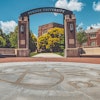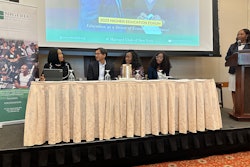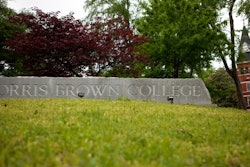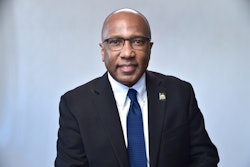In 2014, Daryl Yang started his first year as an undergraduate student at a new residential liberal arts institution in Singapore called Yale-NUS College. The school opened its doors for the first time in 2011 and was hailed as a groundbreaking partnership between Yale University and the National University of Singapore (NUS), two top research universities spanning two corners of the globe.
Yang grew up in Singapore and, at 21, enrolled at Yale-NUS because he wanted a liberal arts education in his home country. At the time, Yale-NUS was the only such school in the country. The only other option for Yang was to go abroad for an expensive degree, taking on more student debt than he could afford.
He also chose Yale-NUS for another reason: to be part of a LGBTQ+ student community.
“When Yale-NUS was starting up, there was all this talk about the college being more open to LGBTQ+ students,” says Yang, who became president of the college’s gender and sexuality student group, known as G-Spot. “So, I thought there would be an opening for me to do more for the queer community at the college. To shape the future of how students engage with each other on campus.”
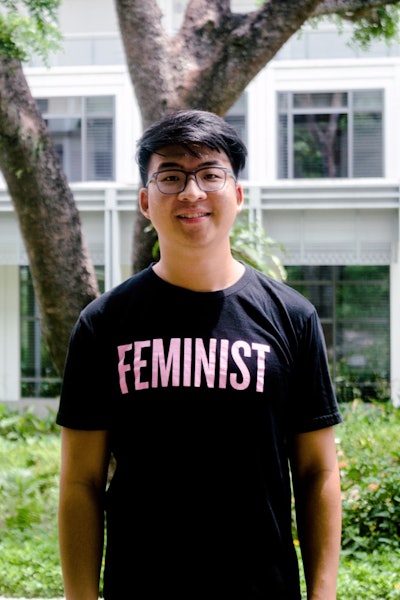 Daryl Yang
Daryl Yang
But now the partnership between the institutions is ending, after only eight years.
On August 27, 2021, almost three years after Yang graduated, NUS announced the Yale-NUS College experiment will come to an end, because NUS has decided to pull out of the partnership. The current first-year class at Yale-NUS set to graduate in 2025 will be the last alumni cohort. By June 2025, Yale-NUS is expected to roll into another NUS initiative called the University Scholars Programme to form a new interdisciplinary honors college called the New College.



